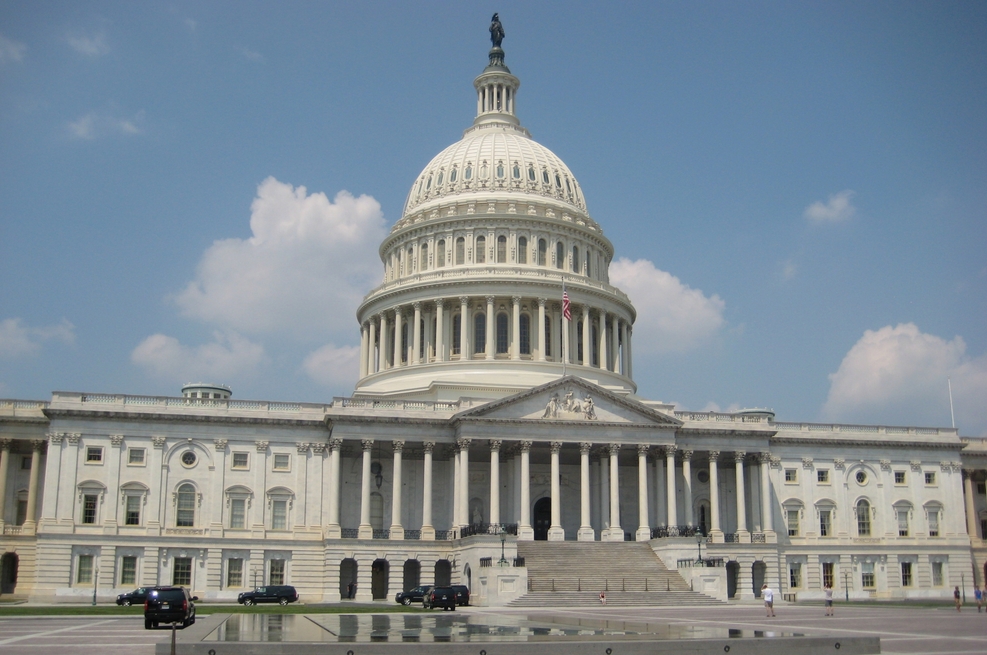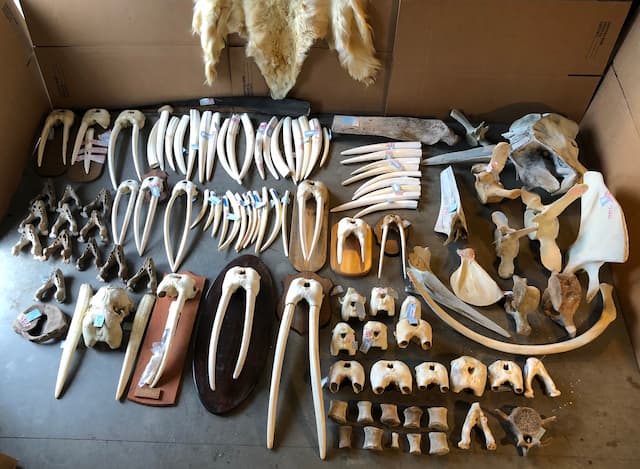Bipartisan legislation would ensure that legal cannabis businesses can access critical financial services, increase public safety
 Washington, D.C. – U.S. Senator Lisa Murkowski (R-AK) joined Senators Jeff Merkley (D-OR) and Steve Daines (R-MT), along with U.S. Representatives Dave Joyce (R-OH-14) and Earl Blumenauer (D-OR-03) in introducing the bipartisan, bicameral Secure and Fair Enforcement (SAFE) Banking Act of 2023. This bill would ensure that legal cannabis businesses would have access to critical banking and financial services.
Washington, D.C. – U.S. Senator Lisa Murkowski (R-AK) joined Senators Jeff Merkley (D-OR) and Steve Daines (R-MT), along with U.S. Representatives Dave Joyce (R-OH-14) and Earl Blumenauer (D-OR-03) in introducing the bipartisan, bicameral Secure and Fair Enforcement (SAFE) Banking Act of 2023. This bill would ensure that legal cannabis businesses would have access to critical banking and financial services.
Most state legal medicinal or recreational cannabis businesses are denied access to traditional and secure banking systems and financial services because banks fear they may be prosecuted under federal law given the ongoing federal restrictions on cannabis. Due to the lack of access to financial services, state legal cannabis businesses are forced to operate their businesses solely using cash. This reality doesn’t just open the door to potential tax evasion, but increases the potential of criminal activity.
“Alaskans voted to legalize marijuana, and since that time, numerous law-abiding businesses have been established in communities across the state. This legislation ensures that Alaskans business owners can utilize safe financial services—just like any other legal business—instead of forcing them to continue with all-cash operations and restricted access to banks, which only serve to increase a risk of crime and threaten public safety,” said Senator Murkowski.
“Forcing legal businesses to operate in all-cash is dangerous for our communities; it’s an open invitation to robbery, money laundering, and organized crime—and it’s way past time to fix it,” said Senator Merkley. “For the first time, we have a path for SAFE Banking to move through the Senate Banking Committee and get a vote on the floor of the Senate. Let’s make 2023 the year that we get this bill signed into law so we can ensure that all legal cannabis businesses have access to the financial services they need to help keep their employees, their businesses, and their communities safe.”
“Montanans should be able to conduct their small business without fearing for their safety,” Senator Daines said. “My bipartisan bill would provide the security and peace of mind that legal Montana cannabis businesses need to freely use banks, credit unions and other financial products without a fear of punishment. This bill will help keep our Montana communities safe, keep crime off the streets, support Montana small businesses and bolster local economies.”
To address the safety concerns resulting from these state legal businesses being shut out of banking services, the SAFE Banking Act of 2023 would prevent federal banking regulators from:
- Prohibiting, penalizing or discouraging a bank from providing financial services to a legitimate state-sanctioned and regulated cannabis business, or an associated business (such as a lawyer or landlord providing services to a legal cannabis business);
- Terminating or limiting a bank’s federal deposit insurance primarily because the bank is providing services to a state-sanctioned cannabis business or associated business;
- Recommending or incentivizing a bank to halt or downgrade providing any kind of banking services to these businesses; or
- Taking any action on a loan to an owner or operator of a cannabis-related business.
This legislation would also create a safe harbor from criminal prosecution and liability and asset forfeiture for banks and their officers and employees who provide financial services to legitimate, state-sanctioned cannabis businesses, while maintaining banks’ right to choose not to offer those services. The bill also provides protections for hemp and hemp-derived cannabidiol (CBD) related businesses.
This legislation, for the first time, explicitly extends the safe harbor to Community Development Financial Institutions (CDFI) and Minority Depository Institutions (MDI) to ensure they can also serve cannabis businesses. CDFI and MDI serve underserved communities who face challenges in accessing capital and provide affordable access to financial services.
The SAFE Banking Act would require banks to comply with current Financial Crimes Enforcement Network (FinCEN) guidance, while at the same time allowing FinCEN guidance to be streamlined over time as states and the federal government adapt to legalized medicinal and recreational cannabis policies.
The SAFE Banking Act has passed the House seven times with strong bipartisan support.
In the Senate, this legislation is cosponsored by U.S. Senators Jacky Rosen (D-NV), Bill Cassidy (R-LA), Kirsten Gillibrand (D-NY), Cynthia Lummis (R-WY), Brian Schatz (D-HI), Lisa Murkowski (R-AK), Edward J. Markey (D-MA), Kevin Cramer (R-ND), Ben Ray Luján (D-NM), Dan Sullivan (R-AK), Catherine Cortez Masto (D-NV), Rand Paul (R-KY), Angus King (I-ME), Tammy Duckworth (D-IL), John Fetterman (D-PA), Ron Wyden (D-OR), Kyrsten Sinema (I-AZ), Alex Padilla (D-CA), Dick Durbin (D-IL), Peter Welch (D-VT), Mark Kelly (D-AZ), Michael Bennet (D-CO), Patty Murray (D-WA), Tina Smith (D-MN), Amy Klobuchar (D-MN), Elizabeth Warren (D-MA), Tim Kaine (D-VA), Debbie Stabenow (D-MI), Bernie Sanders (I-VT), Bob Menendez (D-NJ), Chris Coons (D-DE), John Tester (D-MT), Mark Warner (D-VA), Martin Heinrich (D-NM), John Hickenlooper (D-CO), Mazie Hirono (D-HI), Gary Peters (D-MI), and Chris Murphy (D-CT).
In the House, this legislation is cosponsored by U.S. Representatives Warren Davidson (R-OH-08), Jim Himes (D-CT-04), Brian Mast (R-FL-21), Barbara Lee (D-CA-12), Guy Reschenthaler (R-PA-14), Nydia Velázquez (D-NY-07), Lori Chavez-DeRemer (R-OR-05), and Lou Correa (D-CA-46).
Bill text can be found here.
[content id=”79272″]








